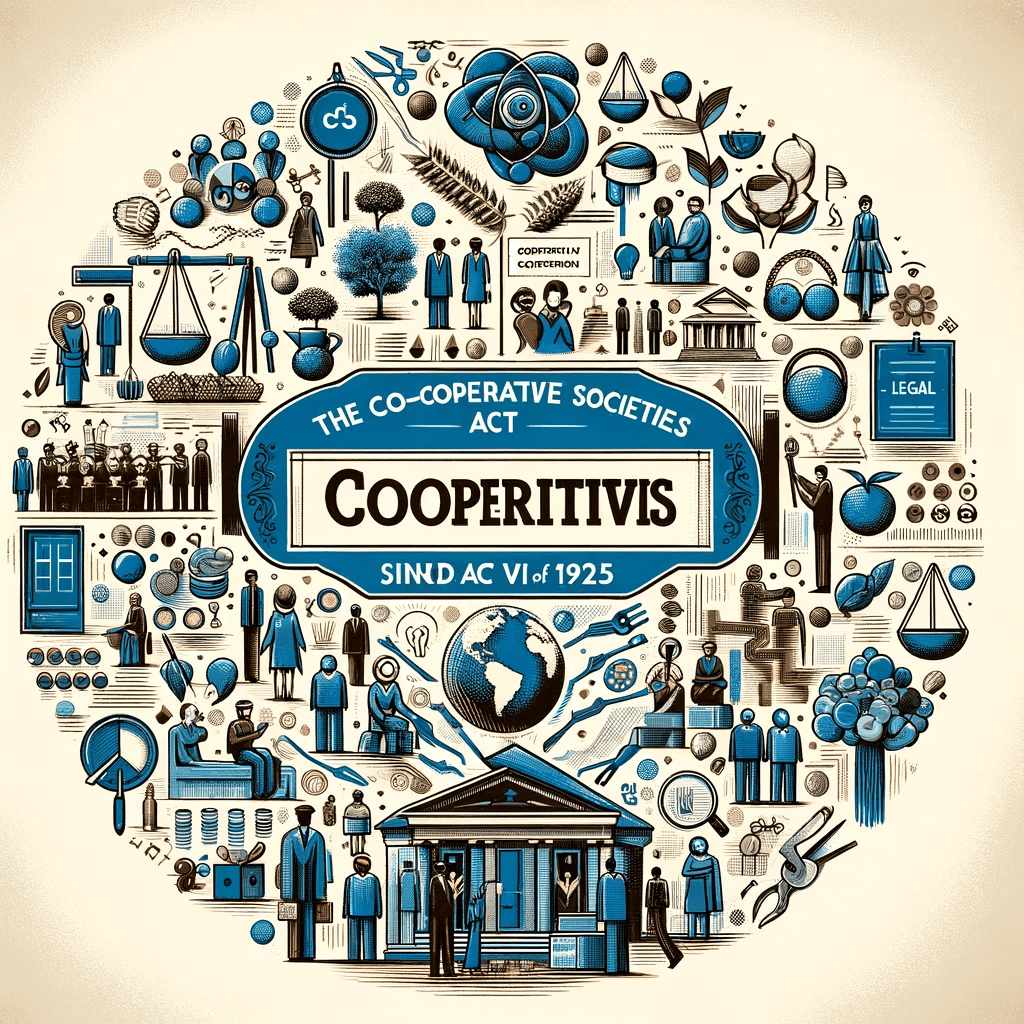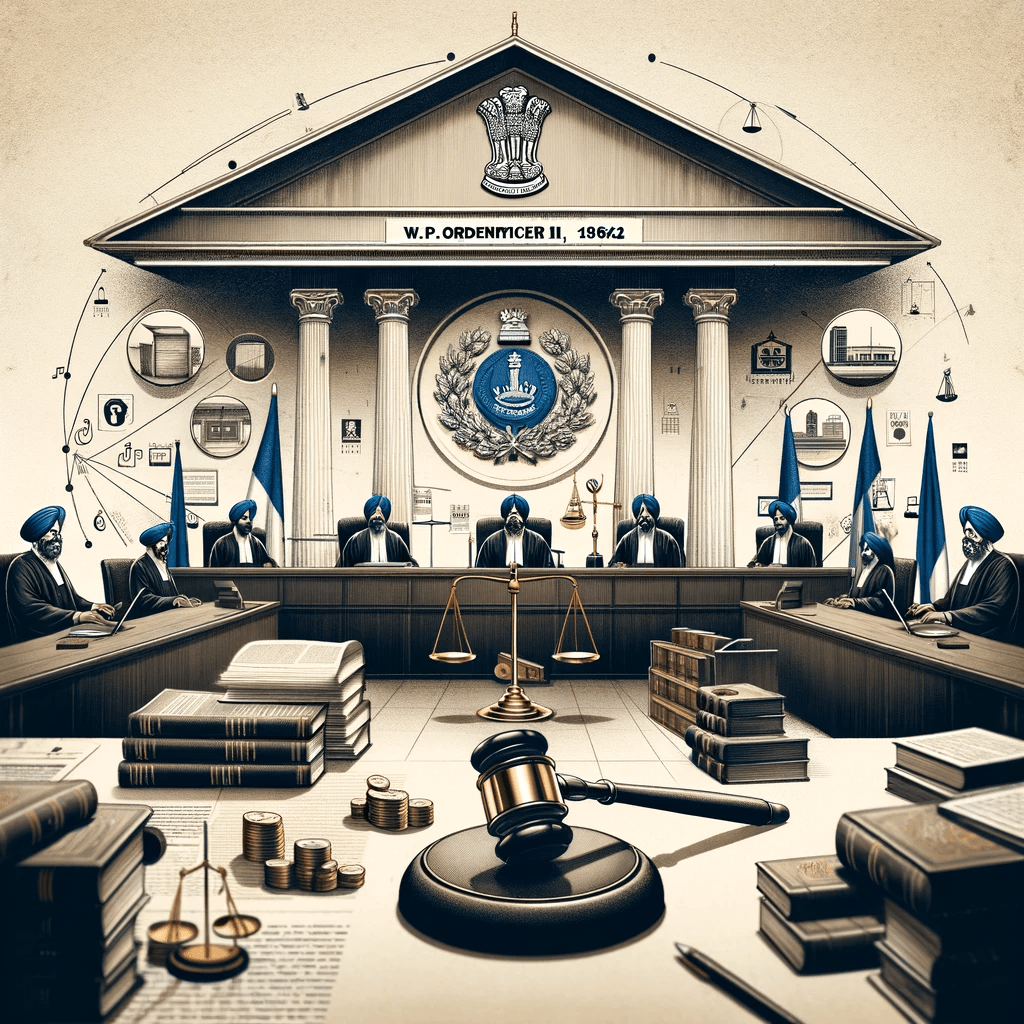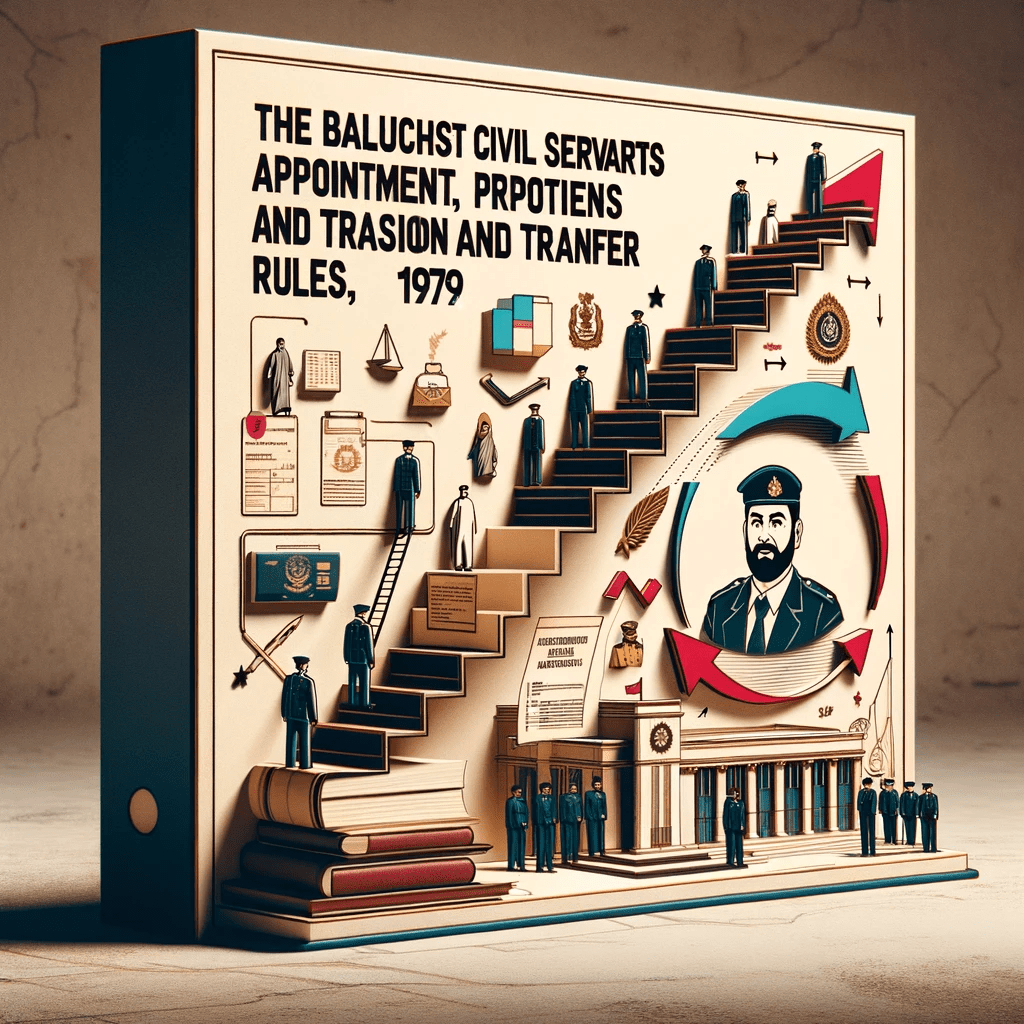FOODSTUFFS AND FERTILIZERS (CANCELLATION OF AUTHORIZATIONS AND DEALERSHIPS) ORDINANCE, 1978
THE FOODSTUFFS AND FERTILIZERS (CANCELLATION OF AUTHORIZATIONS AND DEALERSHIPS) ORDINANCE, 1978 The Foodstuffs and Fertilizers (Cancellation of Authorizations and Dealerships) Ordinance, 1978, is a significant piece of legislation in Pakistan that empowers authorities to cancel authorizations and dealerships related to foodstuffs and fertilizers. Enacted in 1978, this ordinance provides a legal framework for the revocation of permissions and licenses granted for the sale, distribution, or dealership of specific products in the agricultural and food sectors. In this introduction, we will explore the historical context, key objectives, and legal significance of this ordinance. SECTIONS CONTENTS 1. Short title, extent and commencement. 2. Definitions. 3. Power to cancel authorizations and dealerships. 4. Delegation of powers by Government. 5. Bar of jurisdiction. 6. Protection to persons acting in good faith. THE FOODSTUFFS AND FERTILIZERS (CANCELLATION OF AUTHORIZATIONS AND DEALERSHIPS) ORDINANCE, 1978 (Pb Ord. XXI of 1978) 22th October 1978 An Ordinance to provide for the cancellation of authorizations and dealerships issued for distribution of food-stuffs and fertilizers Preamble : — WHEREAS it is expedient to provide for the cancellation of authorizations under the West Pakistan Foodstuffs Distribution Order, 1967, and the dealerships under the Punjab Fertilizers (Control) Order, 1973, and for matters connected therewith; NOW, THEREFORE, in pursuance of the proclamation of fifth day of July, 1977, read with the Laws (Continuance in Force) Order, 1977 (CMLA’s Order I of 1977), the Governor of the Punjab is pleased to make and promulgate the following Ordinance : — Short title, extent and commencement : — (1) This Ordinance may be called the Foodstuffs and Fertilizers (Cancellation of Authorizations and Dealerships) Ordinance, 1978. (2) It extends to the Province of the Punjab. (3) It shall come into force at once. Definitions : — In this Ordinance, unless there is anything repugnant in the subject or context : — (a) “authorization” means the authorization issued under the West Pakistan Foodstuffs Distribution Order, 1967; (b) “dealership” means the authority granted to any person to act as dealer under the Punjab Fertilizers (Control) Order, 1973. (c) “Government” means the Government of the Punjab. Power to cancel authorizations and dealerships : — (1) Notwithstanding anything contained in any other law for the time being in force or in any contract, agreement, order or notification, the Government may terminate, without notice, any authorization or dealership. (2) No compensation shall be payable for the termination of any authorization or dealership under sub-section (1). Delegation of powers by Government : — Government may, by notification in the official Gazette, direct that the power conferred on it by section 3 shall, under such conditions, if any, as may be specified in the notification, be exercised by an officer or authority so notified. Bar of jurisdiction : — No court shall grant any injunction or make any order or entertain any proceedings in relation to anything done or intended to be done, in good faith, under this Ordinance. Protection to persons acting in good faith : — No suit, prosecution or other legal proceeding shall be instituted against any person for anything which is in good faith done or intended to be done under this Ordinance. Need more information Our panel of skilled Lawyers in Pakistan specializes in separation cases in Pakistan and offers personalized advice and robust legal solutions. AI Legal Site: For general information, visit 24Justice.com – Pakistan’s First Legal AI Site. Personalized Assistance: For more specific queries or legal representation, reach out to us: Call: 0092 308 5510031 WhatsApp: 0092 308 5510031 Contact Form: Prefer writing? Fill out our contact form below, and we’ll respond promptly[contact-form][contact-field label=”Name” type=”name” required=”true” /][contact-field label=”Email” type=”email” required=”true” /][contact-field label=”Website” type=”url” /][contact-field label=”Message” type=”textarea” /][/contact-form]










